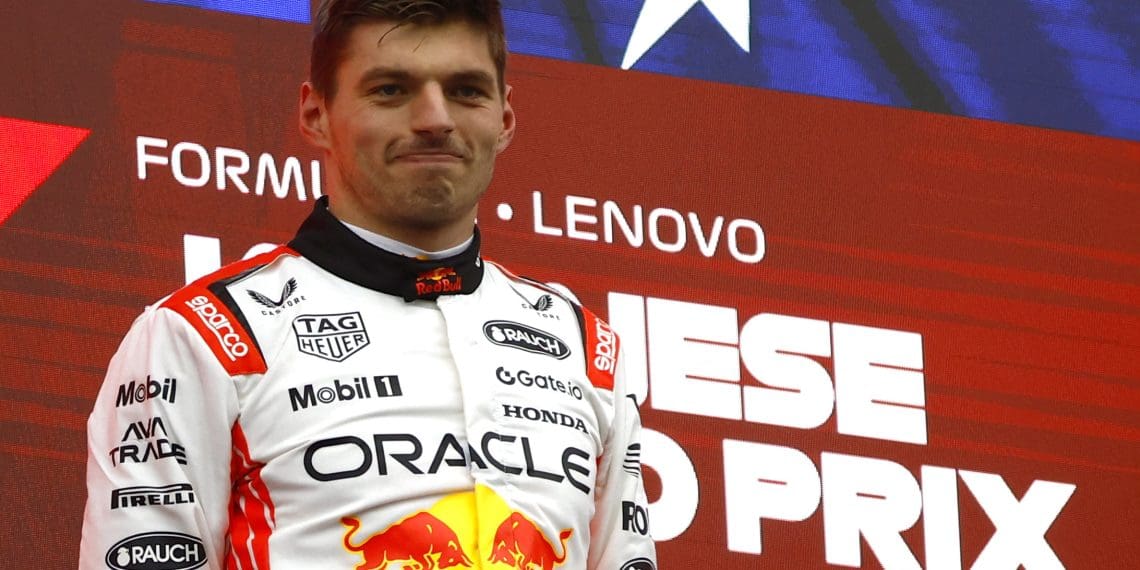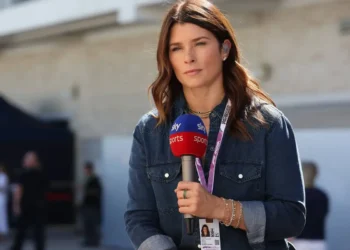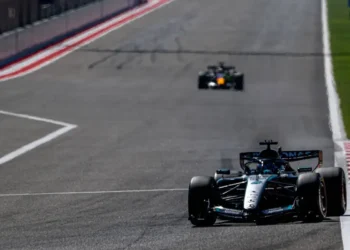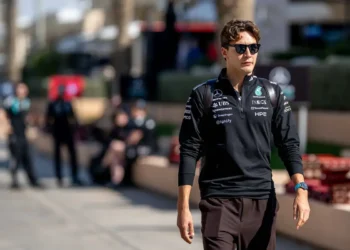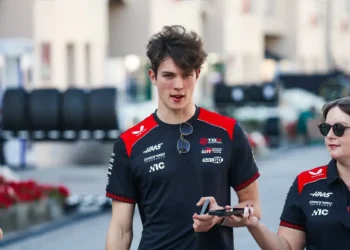Is McLaren’s Equal Treatment of Drivers Giving Max Verstappen an Edge?
McLaren’s decision to treat both of their drivers equally could be a double-edged sword, potentially playing into the hands of Max Verstappen. The absence of team orders within the McLaren ranks has caught the attention of Christian Horner, Team Principal of Red Bull, who believes this approach could lead to internal conflicts reminiscent of the infamous 2007 season.
In a sport where hierarchy often prevails, McLaren’s stance on driver equality stands in contrast to teams like Red Bull and Ferrari, who have clear number one drivers. With Lando Norris and Oscar Piastri being given equal status at McLaren, Horner suggests that this strategy hinders the team from making strategic decisions that could secure victories for their drivers.
The precedent set by McLaren’s past struggles with competitive driver pairings, as seen in the Netflix series “Drive to Survive,” raises concerns about their current approach. The team’s determination to support both drivers equally may backfire as they compete for the Drivers’ Championship title this season.
Reflecting on past Formula 1 seasons, experts like Will Buxton emphasize the importance of having a clear number one driver for optimal team performance. The history lesson from the tumultuous 2007 McLaren season, featuring Lewis Hamilton and Fernando Alonso’s internal strife, serves as a cautionary tale for teams like McLaren.
Christian Horner’s critique of McLaren’s egalitarian approach hints at potential advantages for Red Bull and Max Verstappen. The lack of a defined number one driver at McLaren could lead to internal friction and missed opportunities for success on the track. As the competition heats up, the impact of McLaren’s team dynamics on their performance remains to be seen.
In a sport where teamwork and individual excellence must strike a delicate balance, McLaren’s reluctance to establish a clear hierarchy amongst their drivers may prove to be a risky gamble. Will their commitment to driver equality pay off, or will it pave the way for their rivals, particularly Max Verstappen, to capitalize on their strategic disadvantage?

